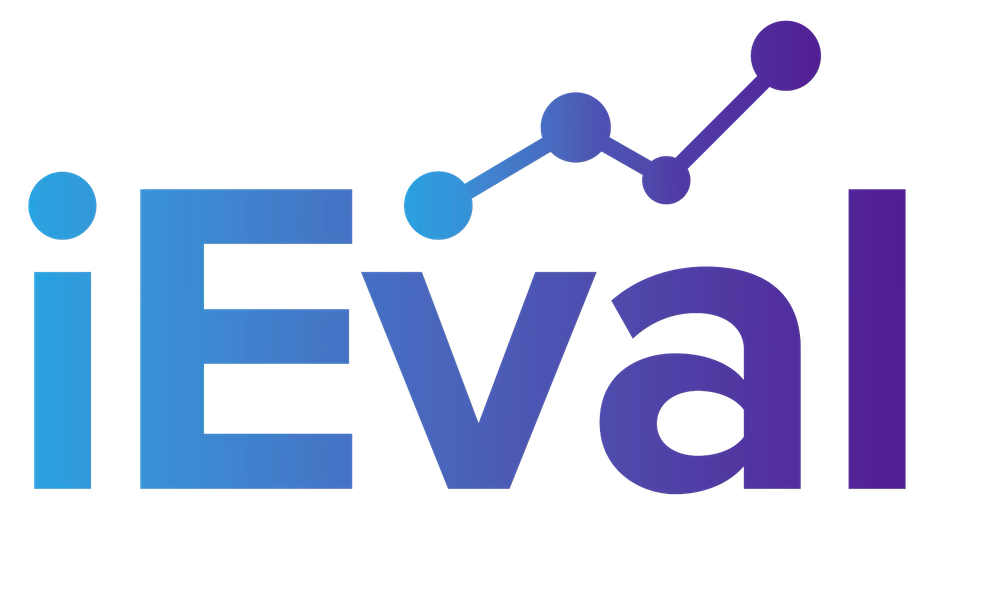What is program evaluation?
In the Evaluation Thesaurus (1991), Michael Scriven states, "The key sense of the term 'evaluation' refers to the process of determining the merit, worth, or value of something, or the product of that process."
What are the common types of evaluation?
Evaluation efforts can vary in type. Here are several types:
quantitative (based on numbers)
qualitative (based on descriptions)
combination of quantitative and qualitative
rigorously scientific (e.g., control group, random assignment)
more flexible to meet the needs of the clients and funders
participatory where the client is included in the process along the way
completely external to remove any chance of bias in the findings
What would I want an evaluator to work with me?
A trained evaluator can work with your organization to:
provide defensible data that can help improve programs
determine if a program should continue/expand/end
assess the progress being made towards measurable outcomes
What is the history of iEval?
At a very young age, Wendy knew she would one day get her doctorate. She had looked into several options for a doctoral degree, and it all became clear while she was the Resource Development Coordinator for Battle Creek Public Schools. Part of her responsibilities included hiring external evaluators for state, federal, and foundation grants and conducting the internal evaluation for those grants. She was disappointed in the lack of usefulness and timeliness of evaluations conducted by external evaluators and ended up doing a large portion of their work as well as the internal evaluation. Wendy understood the need for evaluation and the need for quality evaluators for education and nonprofit programs. She felt she could provide a high quality service to clients who wanted evaluation to be more than just a final report to check off the requirements list. To that end, she began working on her Ph.D. in evaluation, measurement, and research design. Wendy’s background in nonprofit organizations, public education, and grants administration fits perfectly with her technical expertise in evaluation.
iEval is pronounced in two syllables – I EVAL – as in “I evaluate.” Wendy and her husband, Paul, are both avid users of Macintosh computers. Apple Computer has an entire line of products with a little “i” in front of the name: iPod, iTunes, iMovie, etc. The Tacketts regularly use those products for work and play. While they were considering they were trying to think of a name for the evaluation consulting business, Paul actually had a dream where he thought of the name “iEval,” and it fit perfectly!
The iEval logo was designed by a high school student from Battle Creek Central High School as part of a competition. Wendy took the name, some descriptive information about her business, and her favorite colors to the graphic design class while they were studying corporate logos. The class developed many wonderful options for the logo, and the Tacketts chose one that they felt was both professional and energetic. The student who won the competition received a $50 gift certificate.
Do iEval team members write grants?
Not currently, although we are looking to add a grant writer to our team. While Wendy has significant experience and success in writing grants, she no longer actively pursues grant writing contracts. On occasion, for larger federal grants, she is willing to contract time to review the grant prior to submission and give critical feedback.
However, Wendy prefers to be involved in the grant writing process for projects that will utilize iEval as the evaluator. The team is most helpful when they are involved early. iEval typically is involved during the planning phase and will even write the evaluation section for grant. Additionally, the iEval team will provide feedback on the rest of the grant narrative.
How can evaluation be funded in our grant?
Typically, evaluation fees are written directly into the grant budget. Smaller grants usually reserve 5-10% of the overall budget for evaluation, and larger grants can range from 10-20% in evaluation costs. Sometimes funders are willing to accept a separate grant application to fully cover evaluation costs for a large project – these types of evaluations are usually scientifically-based.
How can I help with evaluation for my program or organization?
You can call iEval! If you’re in the planning phases of your program – even before funding is received – it is the right time to call iEval. iEval will help you to integrate meaningful and useful evaluation into your entire project.
If you have a project already underway, iEval can help you focus your goals, develop an evaluation plan, create evaluation tools, analyze data, and create useful reports. You can contract with us for short-term or long-term work – we are flexible to meet our clients’ needs!
Where has iEval done work?
iEval has done work in Alaska, Florida, Indiana, Louisiana, Michigan, Ohio, Oklahoma, and Washington, DC., all while based in Michigan. We are willing to work on projects anywhere and are able to complete significant portions of the project done virtually, using email, video conferencing, and other technologies to stay in close communication. We also conduct site visits in person as needed.
